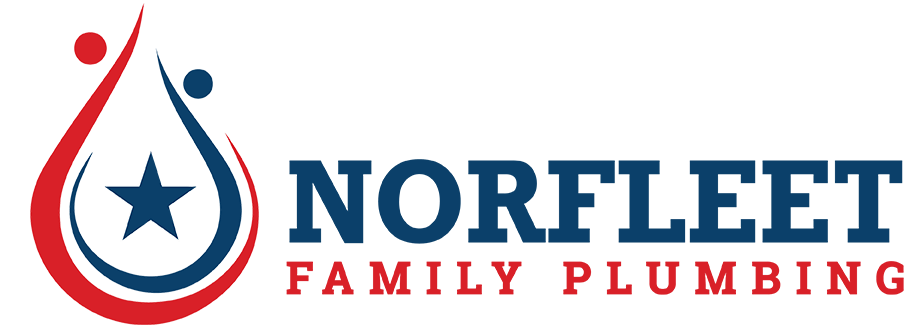Understanding a Home's Water Treatment Options
The main reason to treat water at home (or anywhere else) is to remove bad particles.
Areas with hard water make water treatment a challenge but also a necessity. After all, hard or contaminated water isn't particularly healthy or good for the pipes.
Fortunately, there are many ways to treat water at home, and here is a quick look at some of them.
The basics of water treatment
The main reason to treat water at home (or anywhere else) is to remove bad particles. Clean water is safe and tastes good for drinking, cooking, showering, and other purposes. Fortunately, water treatment systems are available, including simple pitchers, full house systems, and some specialty ones.
Water source
The location of the water source affects what treatment system works best. For example, it could be well water or municipal water. Well water requires more heavy lifting to remove sediment and bacteria. On the other hand, municipal water is pre-treated, so it usually needs less (although it's still better with treatment).
Pitchers and faucet-mounted filters
It's okay to start small, especially with municipal water. Pitchers and faucet-mounted filters are easy and affordable and easily remove common contaminants like chlorine. Water treated with these tastes and smells better and is healthier to drink.
Under-sink filters
Under-sink filters work out of sight and clean water better than faucet filters. They're subtle, more advanced, and can remove many contaminants. Better still, they don't need refilling like pitchers.
Whole-house systems
Whole-house systems give absolute peace of mind by treating every drop of water in the home, especially if it's well water. Of course, they aren't cheap, but they make the water safe and even protect the plumbing.
Softeners and conditioners
Beyond the general purpose of water purifiers, there are also some more specific models, including softeners and conditioners. Hard water causes scales to build up and makes soaps less effective. Water softeners make it softer, while conditioners reduce scale without removing more valuable minerals.
UV purification
Water might carry unhealthy organic contaminants, especially from an area near organic waste. UV purifiers kill tiny threats like bacteria and viruses. They're safe for places where these threats are common, like well water from farms.
Reverse osmosis
Reverse osmosis passes water through a semipermeable membrane to catch contaminants that other filters wouldn't. The result is the purest water without being dangerously distilled.
Enjoy pure water
The correct water treatment for a house depends on the needs of that household. Consider the budget, level of maintenance, and the water's origin. Then, talk to a plumber for advice. They will also install more complex systems that are harder to DIY.
When you need reliable water treatment solutions like water treatment system installation and repair, water treatment system maintenance, water softener installation and repair, water conditioner installation and repair, and reverse osmosis system installation and repair, trust only Norfleet Family Plumbing Heating and Air. We are a full-service, licensed company.

